After a difficult year, softwood stock levels are high but the Construction Leadership Council has warned energy costs could be an issue.
2022 has been a challenging year for the timber sector: despite an initial easing of prices following supply chains ramping up after lockdown, both economic and geopolitical events have seen prices continue to fluctuate. With continuing political and economic uncertainty, the near could well see timber prices rise.
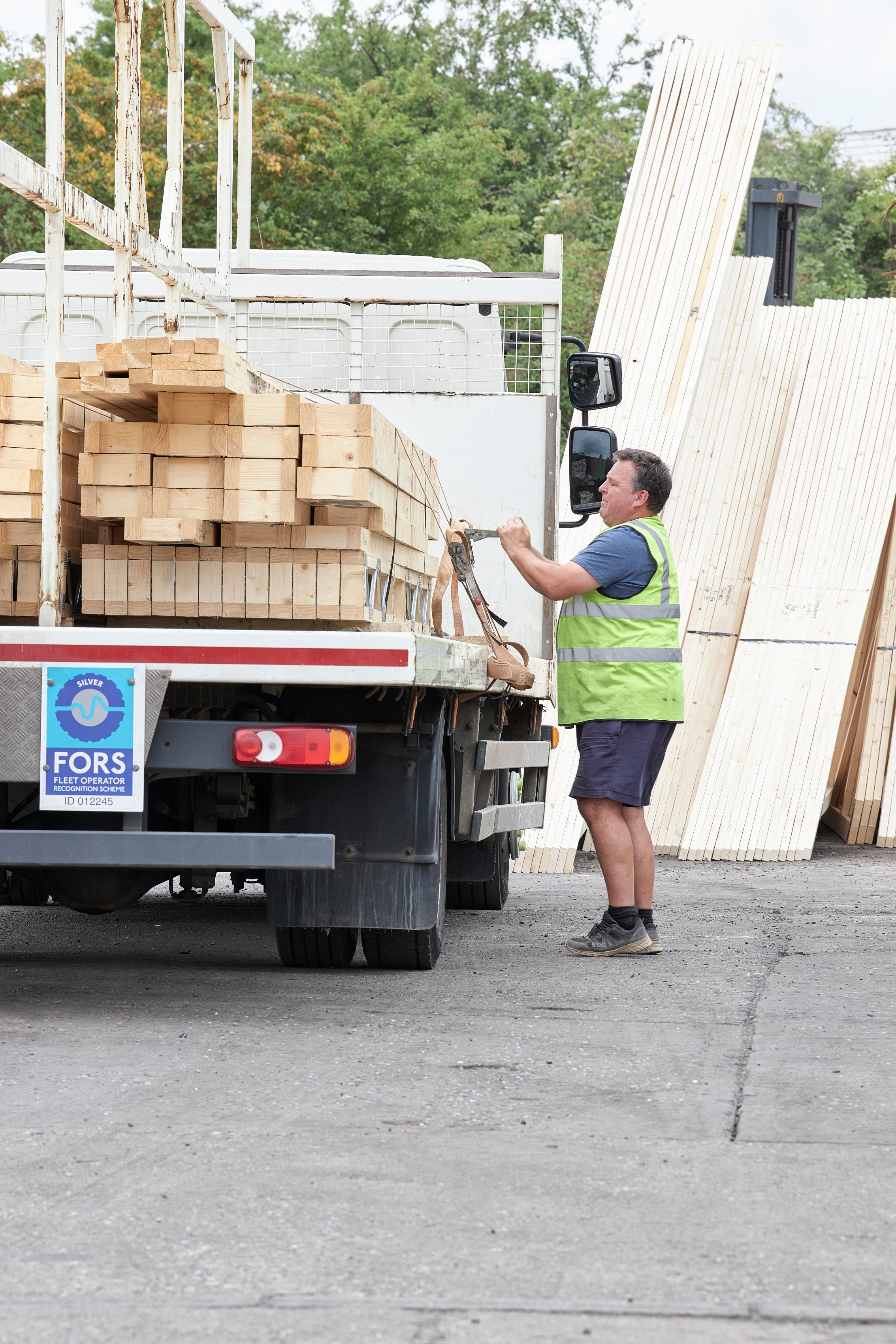
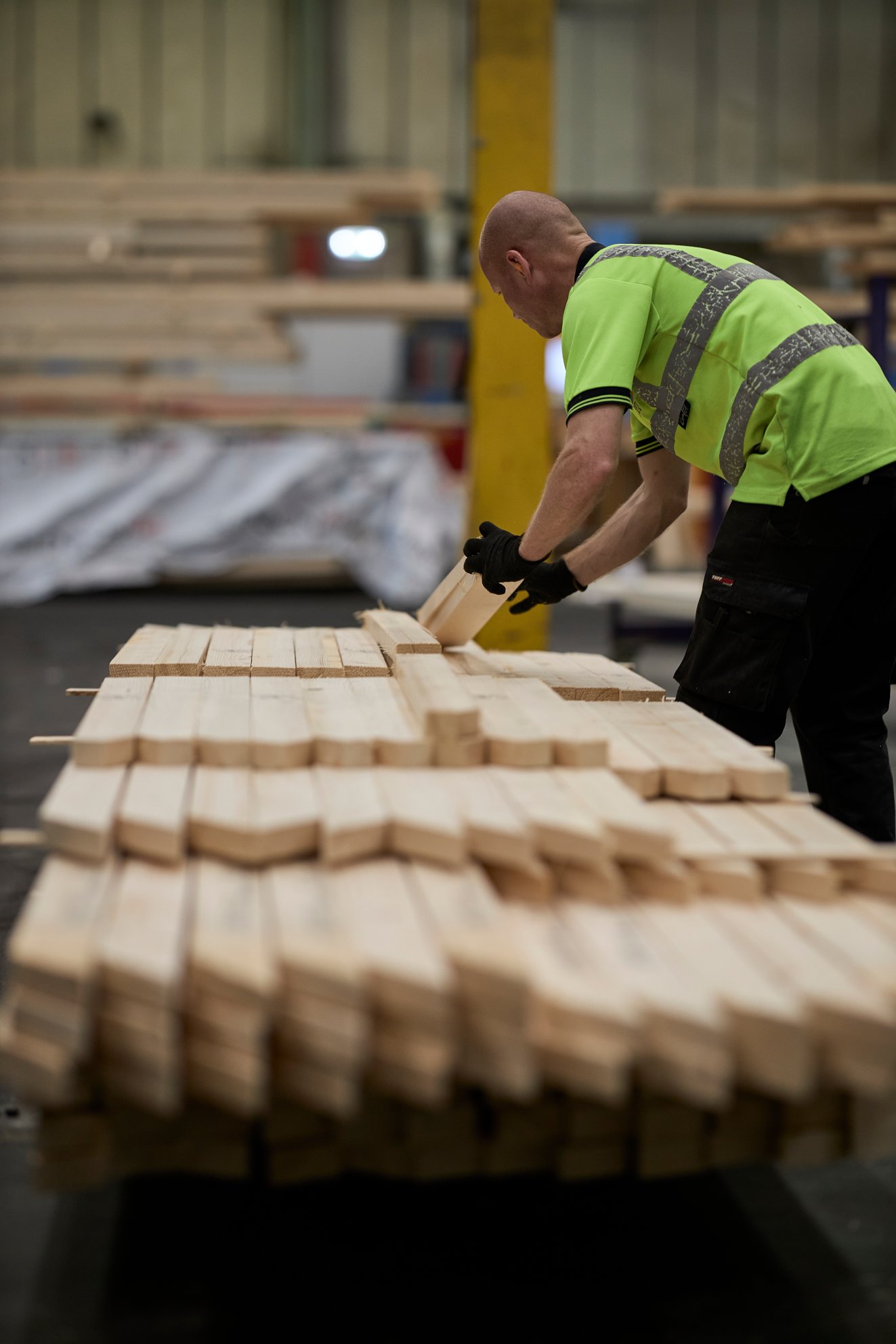
The Construction Leadership Council’s Product Availability working group has signalled that price inflation remains the biggest issue for the entire construction industry.
In a statement, the working group said that softwood prices were likely to rise toward the end of the year and in the first quarter of next year, primarily because of increasing energy costs. Noting that price pressure “eased considerably over the summer”, the group’s co-chairs, John Newcomb, CEO of the Builders Merchants Federation and Peter Caplehorn, CEO of the Construction Products Association, said that there were reasons to believe prices would rise in the coming months.
“Rising energy costs are likely to affect timber prices as we move into Q4 and Q1 2023. There are good stocks on the ground of both structural softwood and wood based panels, but stocks at ports are much lower and buyers will need to consider forward purchases to ensure the specifications they require are available through to year end and into 2023. […] With energy costs rising, forward replacement prices for structural softwood are unlikely to be at current UK levels”.
A policy of price transparency
In addition, concerns were raised about industrial action at ports leading to additional costs due to logistical headaches including re-directed deliveries.
Globally, however, tentative signs of improvement are visible: Builder magazine in the United States reports that, according to the Producer Price Index (PPI), the price of softwoods used in building materials declined marginally in September by 0.3%, the second consecutive monthly decline, leading to hopes that the post-lockdown supply chain crunch has finally started to abate. The Wall Street Journal, meanwhile, reported that timber prices were back to their pre-pandemic levels, albeit partly as a result of falling demand as construction cools in a high interest rate environment.
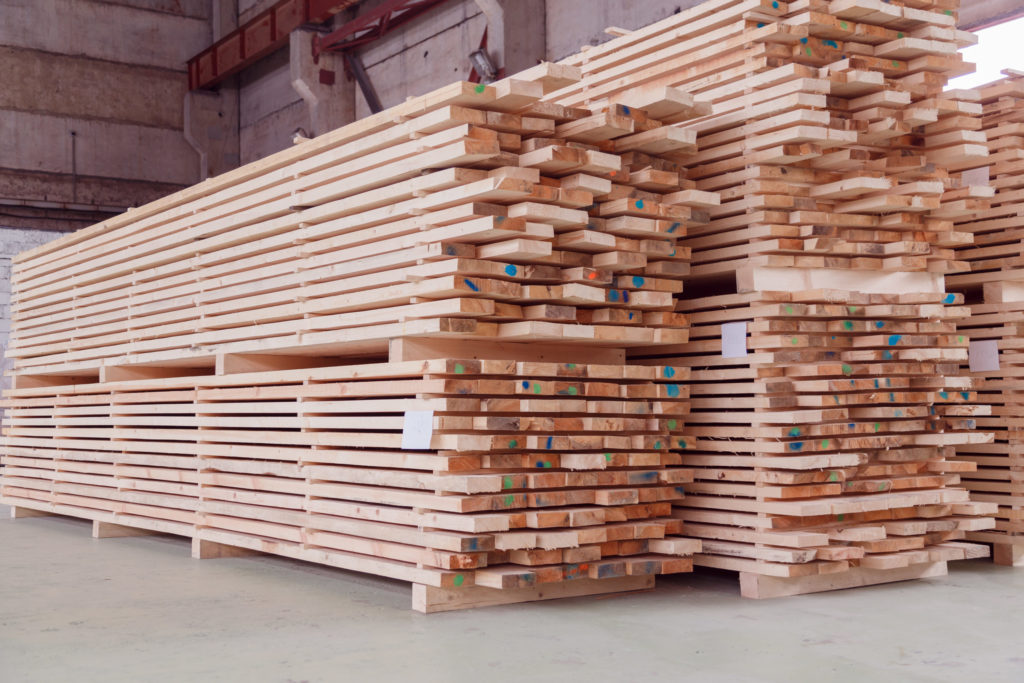
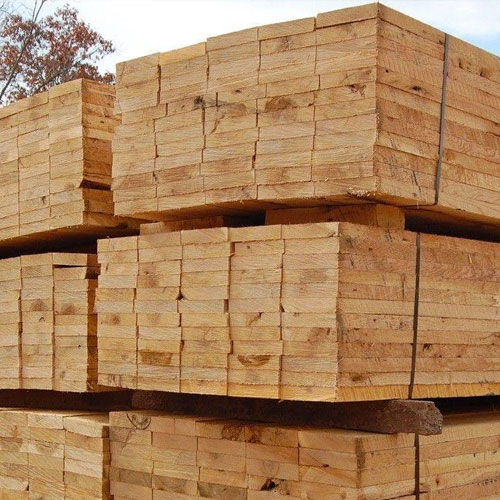

However, higher inflation in the UK and Europe, principally though not exclusively driven by rising energy prices, demonstrates that the UK and US markets, while similar, do not move in tandem. Indeed, the near-term future of timber prices will depend largely on the macroeconomic situation in the UK and Europe and its knock-on effects on sawmills and shipping.
Wherever the future holds, at Nuneaton Roof Truss we are committed to price transparency. While we cannot control timber prices or other input costs, our policy is one of driving value for our customers. We do this by ensuring we do not get locked in to paying high prices so that as and when they do drop, we pass the savings on to our customers.
Why choose Nuneaton Roof Truss?
Nuneaton Roof Truss is the manufacturer of choice for all of your structural and engineered timber requirements. Whether you’re planning one house or many, housebuilders, and construction firms all over the UK put their trust in us.If you’re interested in our industry-leading, eco-friendly services, click here to get a quote or call us on 02476 327722 to find out how we can support your business and projects.

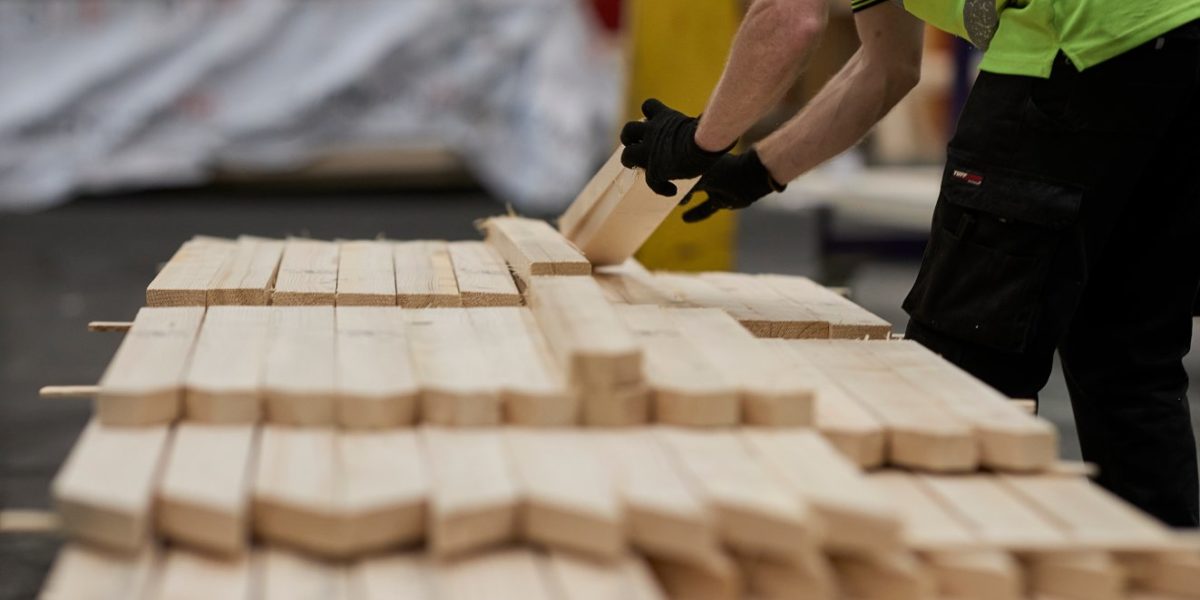
Comments are closed.